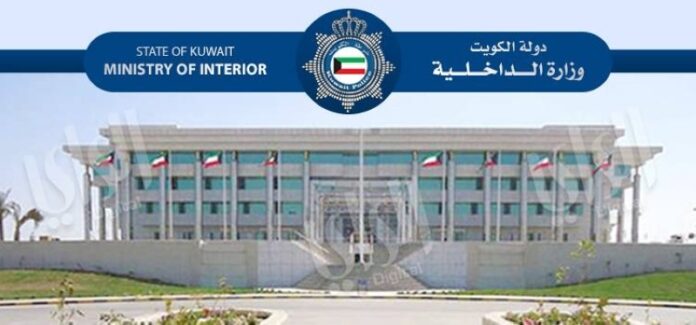Kuwait’s Ministry of Interior announced the enforcement of Decree-Law No. (114 of 2024) concerning the Foreigners’ Residence Law, starting Sunday. The law introduces reconciliation measures for various residency violations, offering violators an opportunity to settle fines.
Key Provisions and Penalties:
- Failure to Notify Birth (Article 6)
- Violation: Not reporting a newborn within four months of birth.
- Penalty:
- 2 Kuwaiti dinars per day for the first month of delay.
- 4 Kuwaiti dinars per day after the first month.
- Maximum fine: 2,000 Kuwaiti dinars.
- Failure to Obtain Residency (Article 9)
- Violation: Entering Kuwait under various entry visas (e.g., work, family, study) and failing to secure a residence permit.
- Penalty:
- 2 Kuwaiti dinars per day for the first month.
- 4 Kuwaiti dinars per day afterward.
- Maximum fine:
- 1,200 Kuwaiti dinars for general cases.
- 600 Kuwaiti dinars for domestic workers.
- Overstaying Visit Visa (Article 11)
- Violation: Exceeding the duration of a visit visa (e.g., tourism, business, or family visits).
- Penalty: 10 Kuwaiti dinars per day of overstay.
- Exceeding Temporary Residency Period (Article 12)
- Violation: Overstaying temporary residency or a departure notice.
- Penalty:
- 2 Kuwaiti dinars per day for the first month.
- 4 Kuwaiti dinars per day afterward.
- Expired Residency or Non-Renewal (Article 13)
- Violation: Staying in Kuwait after the expiration of a residency permit without renewal.
- Penalty:
- 2 Kuwaiti dinars per day for the first month.
- 4 Kuwaiti dinars per day afterward.
- Maximum fine: 1,200 Kuwaiti dinars.
- Leaving Work Without Residency Cancellation
- Violation: Workers under Articles (17, 18, and 20) failing to regularize residency after work cancellation.
- Penalty:
- 2 Kuwaiti dinars per day for the first month.
- 4 Kuwaiti dinars per day afterward.
- Maximum fine: 1,200 Kuwaiti dinars.
The Ministry emphasized the importance of compliance with residency regulations, ensuring the country’s legal and administrative frameworks are upheld while allowing individuals a pathway to rectify violations.





